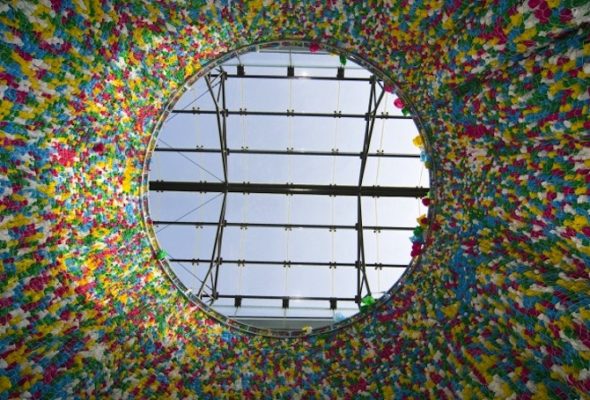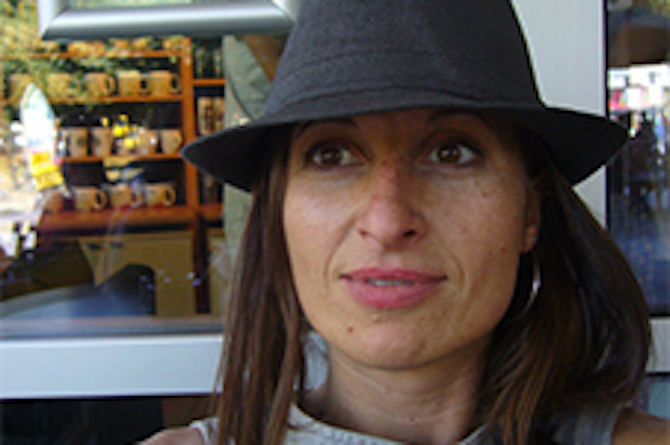Search
To search for an exact match, type the word or phrase you want in quotation marks.
A*DESK has been offering since 2002 contents about criticism and contemporary art. A*DESK has become consolidated thanks to all those who have believed in the project, all those who have followed us, debating, participating and collaborating. Many people have collaborated with A*DESK, and continue to do so. Their efforts, knowledge and belief in the project are what make it grow internationally. At A*DESK we have also generated work for over one hundred professionals in culture, from small collaborations with reviews and classes, to more prolonged and intense collaborations.
At A*DESK we believe in the need for free and universal access to culture and knowledge. We want to carry on being independent, remaining open to more ideas and opinions. If you believe in A*DESK, we need your backing to be able to continue. You can now participate in the project by supporting it. You can choose how much you want to contribute to the project.
You can decide how much you want to bring to the project.

The large installation that these days occupied the interior patio of the central building of MACRO in Rome, pointed, in a multi-coloured and straightforward fashion, to many of the cracks that characterise our contemporary world. The artist from Cameroon, Pascale Marthine Tayou set up a 10 metres tall piece that is made up of plastic bags. Bags of all types, chromatically different, that evoke, not without poetry, the many stories that configure our surroundings, our treasured everyday life. As usual in his work (we already saw it in projects like Human Being that he presented in the 53rd edition of the Venice Biennial or in the installation Plastik Diagnostik), the artist works with small symbols or local histories that function in the form of an argument.
That is to say they respond and lend visibility, with a simple and direct methodology, to some of the great subjects that define and corrode societies today. In the Arsenale it was made clear, he limited himself to reproducing the modes of production, organisation and management of a small African town, beyond the expectation that the piece created (I prefer not to enter into the anthropological motives here), he managed to transpose to the space, not just the objects, but also the counterpoints. The ones that are needed to open up questions without any inhibitions.
On this occasion, the plastic bags formed a doubled edged sword, as after the dynamic colourful vision, it proposed two realities: on the one hand, the many hidden histories related to their use and utility, and on the other, their incapacity to disintegrate and disappear. Synthesizing: globalization, consumerism and capitalism. The installation, that could also be discussed in strictly visual terms, only permitted this reading in the West, as how many mountains of coloured plastic bags would we find in Africa?
Plastic Bags in form and content vindicates social change. Beautiful bags of colours tower above our heads, just as the particles that they give off, all decompose to be inhaled. Appearing inoffensive? In the same way capitalism paints a colourful picture, while on the inside everything silently rots away. The inner vision reveals it, the piece is configured by a simple complexity: freedom is unattainable.

Imma Prieto has for years been marking out three paths from which to reflect about the different contexts that characterise our contemporaneity. Criticism, curating and teaching enable her to think about and establish dialogues from different perspectives and with different objectives, looking for bridges between them. Her research has revolved around performance and video, languages that both arose in the dawn of the sixties that is, in the last years of modernity. Is it because we don´t really know where we are now? Conclusion?
"A desk is a dangerous place from which to watch the world" (John Le Carré)